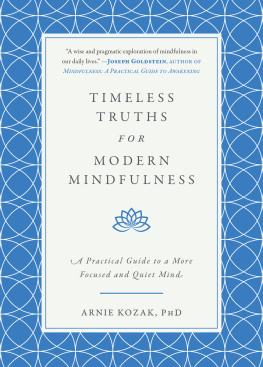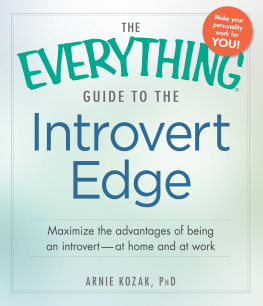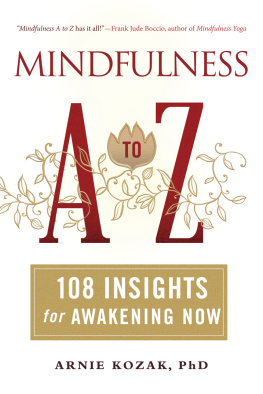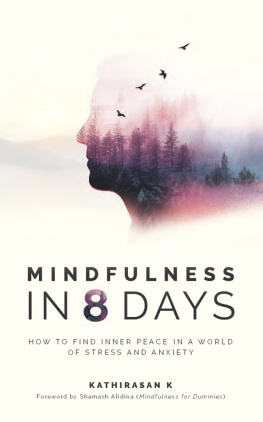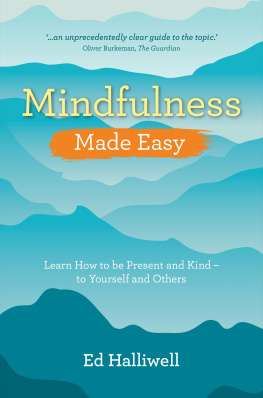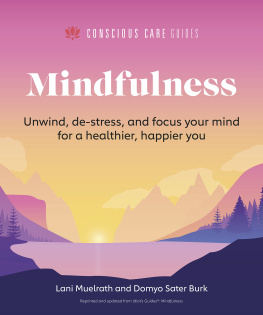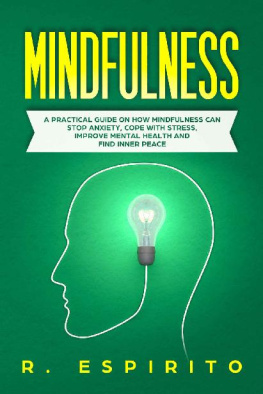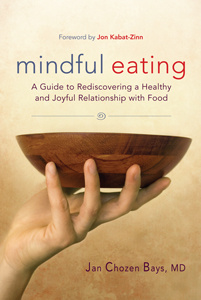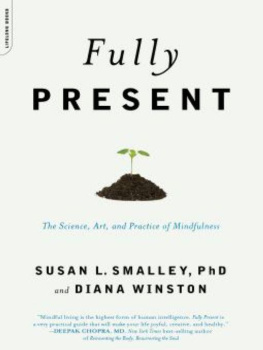


Copyright 2018 by Arnie Kozak
All rights reserved. No part of this book may be reproduced in any manner without the express written consent of the publisher, except in the case of brief excerpts in critical reviews or articles. All inquiries should be addressed to Skyhorse Publishing, 307 West 36th Street, 11th Floor, New York, NY 10018.
Skyhorse Publishing books may be purchased in bulk at special discounts for sales promotion, corporate gifts, fund-raising, or educational purposes. Special editions can also be created to specifications. For details, contact the Special Sales Department, Skyhorse Publishing, 307 West 36th Street, 11th Floor, New York, NY 10018 or info@skyhorsepublishing.com.
Skyhorse and Skyhorse Publishing are registered trademarks of Skyhorse Publishing, Inc., a Delaware corporation.
Visit our website at www.skyhorsepublishing.com.
10 9 8 7 6 5 4 3 2 1
Library of Congress Cataloging-in-Publication Data is available on file.
Cover design by Rain Saukas
Cover photo credit: iStock
Print ISBN: 978-1-5107-2802-8
Ebook ISBN: 978-1-5107-2803-5
Printed in the United States of America
For all my students, past, present, and future .
Contents
Acknowledgments
M any minds (and hands) touch a book in the process of its writing. My agent Grace Freedson got the attention of Susan Randol who acquired the book for Skyhorse Publishing. Michele Rubin took over from Susan and helped to bring the book to completion. I am particularly grateful for her interest in mindfulness and her helping to make this work more accessible to the reader. She has breathed air into this manuscript, much like we do in mindfulness meditation.
My friends and readers, Erik Sween and Richard Pinckney, contributed insightful edits to the final draft. Dr. Pinckney was one of my first mindfulness students many years ago and his edits were particularly helpful.
Practicing mindfulness for almost three decades, Ive indebted myself to many teachers, colleagues, and, of course, students.
My dogs, Harley and Sumi are not only constant companions but great teachers on the potential of mindful (and mindless!) living.
The most divine consolation is without a doubt contained within the human itself. We would not know very well what to do with the consolations of a god. All that is necessary is for our eye to be a trace more seeing, for our ear to be more receptive, for the flavor of a fruit to enter us more completely, for us to be able to tolerate more scent, and, in touching and being touched, to be more present-minded and less obliviousin order to receive from our most immediate experiences consolations that would be more convincing, more significant and truer than any suffering that can ever unsettle us .
Rainer Maria Rilke from Letters on Life
Introduction
T here is a mindfulness craze happening now. Its everywhere you lookon magazine covers, your local hospital, and in the news. By reading this book, you may have jumped on this bandwagon. While I am happy that you have selected Timeless Truths for Modern Mindfulness , Id like your experience of mindfulness to be much more than a passing fad. This book presents a practical, portable, and even profound way of integrating the practices and principles of mindfulness into your life. If you read this book, learn the principles, and do the practices, your life will probably change in dramatic ways. It could rework the way you relate to yourself, others, and the world. It could fundamentally alter the way you deal with adversity, pain, and disappointment. In short, mindfulness can transform the way you live. I regard these changes as positive. I also know that these re-shapings can be a radical departure from the status quo. If you want to keep your life as it isdont read this book!
If you have jumped on the mindfulness bandwagon, I want you to now jump off! Mindfulness is more than just present moment attention. It is more than just being in the now. Its being here now with love in your heart and peace in your body. Mindfulness is not just about being less stressed and more relaxed. It is not just about being able to concentrate more. Mindfulness is integral to becoming a wise and ethical person. If you perhaps already consider yourself to be both wise and ethical, then mindfulness will help you to become wiser and more ethical. Since youve picked up this book, youve likely heard of mindfulness already. You may have opinions about it, and may have even given it a try.
My concern with the current enthusiasm for mindfulness is that it is presented as something of a panaceaall things for all people. Mindfulness does embody a suite of generic mind capabilities and does have broad applicability. However, it is not a magic pill. There is no silver bullet, and serious mindfulness practice requires serious commitment. Often, mindfulness is presented without reference to its Buddhist origins. Id like to re-introduce that context, but do so with Buddha at the center of mindfulness practice rather than the Buddhist religions.
You can use mindfulness to be a better version of yourself. Thats fine, effective, and within reach. You can reduce stress, be more present to your children, and be less reactive. You can even have better sex. It can be much more, too. You can also use mindfulness as part of a radical self-transformation process. By transformation, I mean changing the fundamental way you relate to yourself, others, and the world. By radical I mean an abrupt departure from the business as usual sense of self. Gone will be a materialistic, self-centered existencenot that you actually have to jettison material possessions, success, or wealth. The end-point of this revolutionary process is the capacity to experience happiness in your life regardless of circumstancesinternal and external. This is a radical idea, and one that the historical Buddha advocated about twenty-five hundred years ago. It represents freedom from conditionsan unconditional happiness. Beyond advocating for such a transformation, the Buddha also developed technologies, such as mindfulness meditations, to accomplish it. These methods are part intellectual as well as part ethical. Intellectually, it requires having a deep understanding and appreciation for the way things work, including and especially your mind. Ethically, it underscores that the actions we take have consequences. Thus, it makes sense to aim thoughts, emotions, and behaviors toward outcomes that are beneficial, wholesome, and even beautiful for yourself, the people in your life, and the planet. The final piece is meditationtraining the mind so that it can work on your behalf to bring happiness, peace, and goodness. The science of psychology also has something to contribute to the realization of the Buddhas project of liberation. Ill share insights from my work in psychology from over the past thirty years, along with insights from my personal meditation practice over the same period of time.
There are a lot of books out there that make a lot of promises. Youve probably read some of these. Here is my promise. What follows in this book is what I like to think of as a no-nonsense, non-gimmicky, yet accessible way to make real change. These changes wont be instantaneous and wont last unless you put in the effort. Ive field tested these ideas with myself, my patients, and the people I have had the privilege to teach. Dip in a little, dip in a lot. To whatever extent you let mindfulness into your life, you will benefit. If youd like to take it all the way to unconditional happiness, keep reading.
Next page
